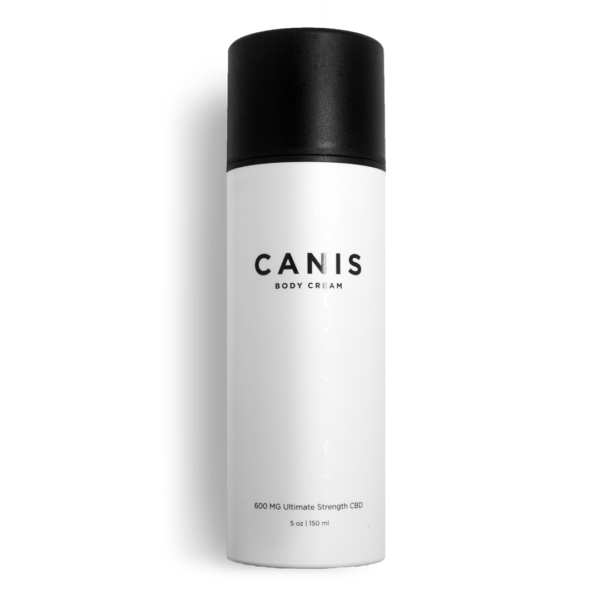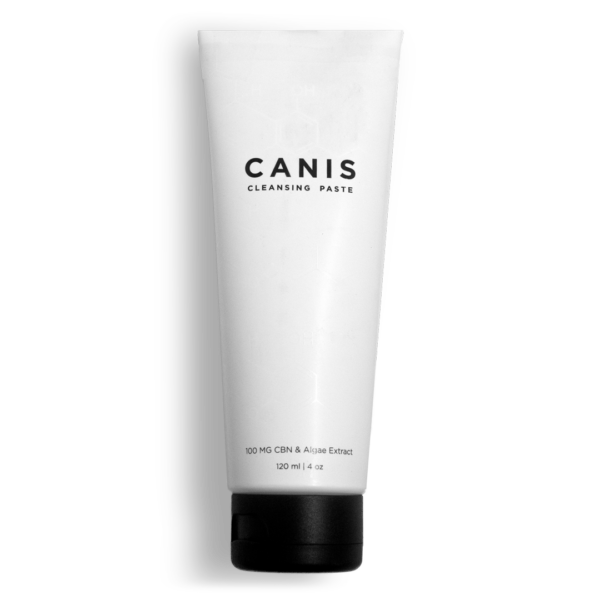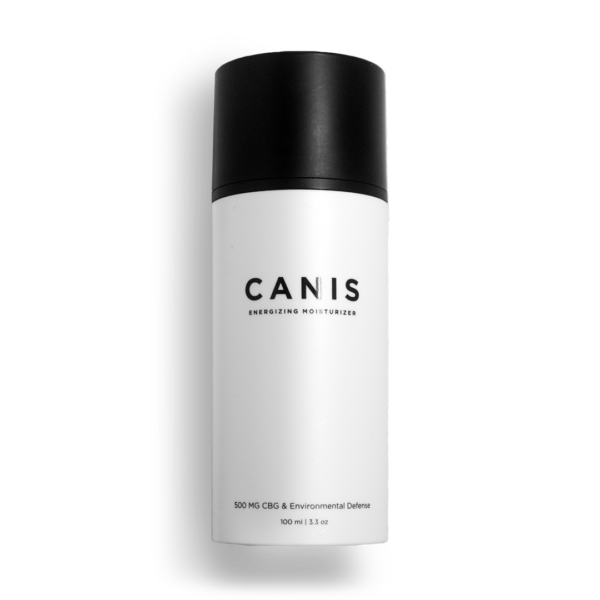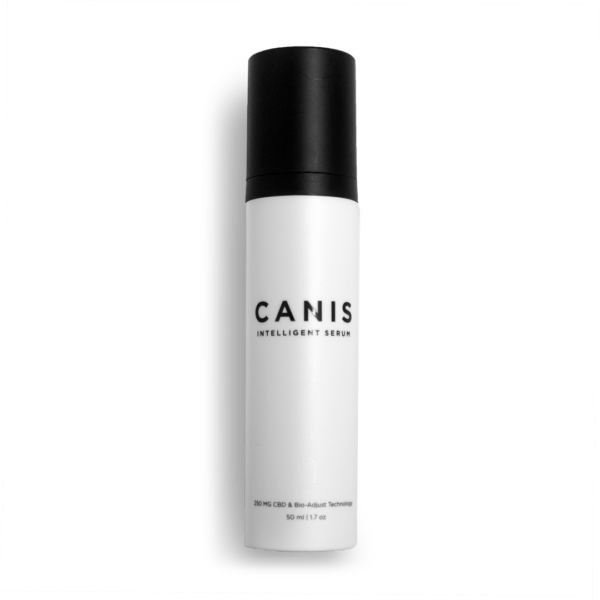Blog
What is the difference between CBD oil vs hemp oil?

First, it is important to note that there is a lot of confusion around the names of these products. “Hemp oil” is another way that people can refer to CBD oil. Hemp oil, on the other hand, may also be known as hemp seed oil.
CBD oil vs hemp oil are two distinct types of oils derived from the cannabis plant.
The stalks, leaves, and flowers of the hemp plant are used to extract CBD oil. These contain a higher amount of CBD, a chemical with multiple therapeutic effects.
Hemp seed oil is made from the seeds of the Cannabis sativa plant. Although they don’t include CBD, the seeds still have a comprehensive profile of minerals, fatty acids, and bioactive compounds that may be beneficial to one’s health.
While the endocannabinoid system is complex, there are several points of clarity that can help clinicians and customers make informed decisions.
Keep reading to learn more about the differences between CBD oil vs hemp oil.
Hemp seed oil
Cannabis sativa seeds are used to make hemp seed oil, which has several health benefits. It includes omega-6 and omega-3 fatty acids, as well as gamma-linolenic acid and other nutritional antioxidants. Vitamin Bs and vitamin D are also present in large amounts.
Hemp seed oil does not cause intoxication because it contains no THC and little to no CBD.
Uses
Hemp oil is not used for recreational purposes. The amounts of THC and CBD, which produce the psychotropic effects, are either restricted or absent. Hemp seed oil is used in a variety of nutritional supplements since it is high in omega-3 and omega-6 fatty acids, gamma-linolenic acid, and antioxidant properties.
Hemp seed oil is also used to make textiles and fibers.
How it works
Hemp seed oil may help people keep good cardiovascular health by boosting the following qualities:
- total cholesterol
- high-density lipoprotein cholesterol
- low-density lipoprotein cholesterol
- triglycerides.
Effects and benefits
Hemp oil is high in omega-3 fatty acids, which provide numerous health benefits. It’s excellent for a healthy diet because it includes all of the essential vitamins and minerals that humans require.
Hemp seed oil also has several possible benefits, including:
- relieving constipation
- providing cardiovascular health benefits
- modifying the immune system
- improving skin conditions
- improving gastrointestinal conditions
Some other possible benefits of hemp seed oil include:
- anticancer effects
- antioxidant effects
- anti-aging effects
Hemp seed oil also comprises other components that may be beneficial to users.
How is it made?
Hemp seed oil is produced by pressing hemp seeds.
Hemp seed oil does not contain THC since it is extracted from the seeds rather than the leaves, flowers, or stem of the cannabis plant.
Risks and side effects
Hemp seed oil is non-toxic. Some individuals, on the other hand, report that drinking this product is not beneficial for their cardiovascular health. Some users also report stomach problems, although these symptoms may not exist in everyone.
Hemp oil has a low amount of THC (less than 0.3 percent of the dry weight), so you are unlikely to get high from eating it.
CBD oil
CBD oil comes in three forms, each with its own set of advantages and disadvantages.
- full-spectrum CBD oil, which contains all compounds of the cannabis plant, including THC (but at a very low level)
- broad-spectrum CBD oil, which contains several compounds but not THC
- CBD oil made using CBD isolate, which contains only CBD
It’s crucial to understand that because these phrases are not governed, some producers may use them interchangeably.
Always verify the Certificate of Analysis (COA) for CBD products. A third party usually performs this analysis. The only way to truly understand what a CBD oil product comprises is to check the COA.
Uses
Some people consume CBD oils in the hopes of obtaining medicinal benefits.
For example, people may use CBD-derived products for:
- epilepsy
- pain and inflammation
- anxiety and depression
- addiction management
- inflammatory skin conditions
- neurodegenerative conditions
Aside from CBD’s anticonvulsant effects, additional research is required to verify other possible therapeutic advantages of CBD.
Because full-spectrum CBD oil contains THC, it may be used for recreational purposes by some users. Other THC side effects include nausea and vomiting prevention.
Other components of the plant, including terpenes and other phytocannabinoids/terpenoids, may also be present in trace amounts.
How it works
CBD has been shown in studies to improve brain function and protect against heart disease by acting on several pathways. Researchers are still attempting to figure out how CBD affects the body, but they believe it works in a variety of ways, including:
- inhibiting endocannabinoid reuptake
- activating the transient receptor potential vanilloid 1, which plays a role in regulating pain, and g-coupled receptor 55
- increasing the activity of serotonin receptors
The THC in full-spectrum CBD oil binds to the CB1 endocannabinoid receptor, which is responsible for its psychotropic effects.
Beta-caryophyllene, a chemical found in some cannabinoids, can bind to CB2 receptors. The CB2 receptors’ role is still being investigated.
Effects and benefits
The various CBD oils have distinct effects. The following table summarizes some of the components in CBD oils and their potential effects:
Component Effects
CBD
- antiepileptic
- pain-relieving
- anti-inflammatory
- anti-anxiety
- antidepressive
- neuroprotective
THC
- anti-nausea
- anti-inflammatory
- pain-relieving
Beta-caryophyllene
- anti-anxiety
- pain-relieving
Limonene
- antioxidant
- antitumor
Cannabichromene
- pain-relieving
Cannabigerol
- anti-inflammatory
- neuroprotective
The components in CBD-derived products are still under study.
How is it made?
The flowers and leaves of the plant are used to make CBD oil. Manufacturers may extract an extract containing a lot of CBD and other substances using techniques like carbon dioxide extraction.
Manufacturers only have to extract CBD for CBD isolate, not the other components of full-spectrum CBD oil products, since they only need to remove CBD.
Risks and side effects
CBD-derived products are safe, according to studies, and have few negative side effects. Although information on the safety of various CBD oils is limited, researchers have examined the adverse effects of individual compounds found in CBD-derived goods.
There were no reported negative effects when people took 300 mg of CBD per day for up to 6 months, as demonstrated in a study. People also experienced no adverse effects when they consumed up to 1,500 mg per day for a month, according to a research.
Larger studies of Epidiolex, a CBD treatment for epilepsy, showed some negative effects. These included:
- fatigue
- decreased appetite
- diarrhea
- elevated liver function tests
People who want to utilize CBD-derived products should first verify their source, according to experts. Labeling and improper production processes can expose consumers to pollutants or THC in CBD isolate or broad-spectrum CBD oil.
Today, product labeling in the United States is murky. Experts recommend following these guidelines to ensure that you choose an appropriate and safe product:
- the manufacturers did not use solvents during extraction
- the U.S. Department of Agriculture have certified it as organic
- the product underwent pesticide and herbicide testing
- the label clearly lists the potency
The use of CBD oils or other CBD-derived products should be discussed with a doctor or a qualified cannabis expert first, as CBD might interfere with other medicines.
Summary
Hemp seed oil and CBD oil are both made from the cannabis plant. CBD oil comes from the flowers, leaves, and stems of the cannabis plant, while hemp seed oil is extracted from the cannabis plant’s seeds.
Hemp seed and CBD oil products are not associated with a high because the amounts of THC, if any, are typically insignificant.
CBD oil vs hemp oil have a long list of health advantages, but because research is limited, researchers must continue to investigate them.






